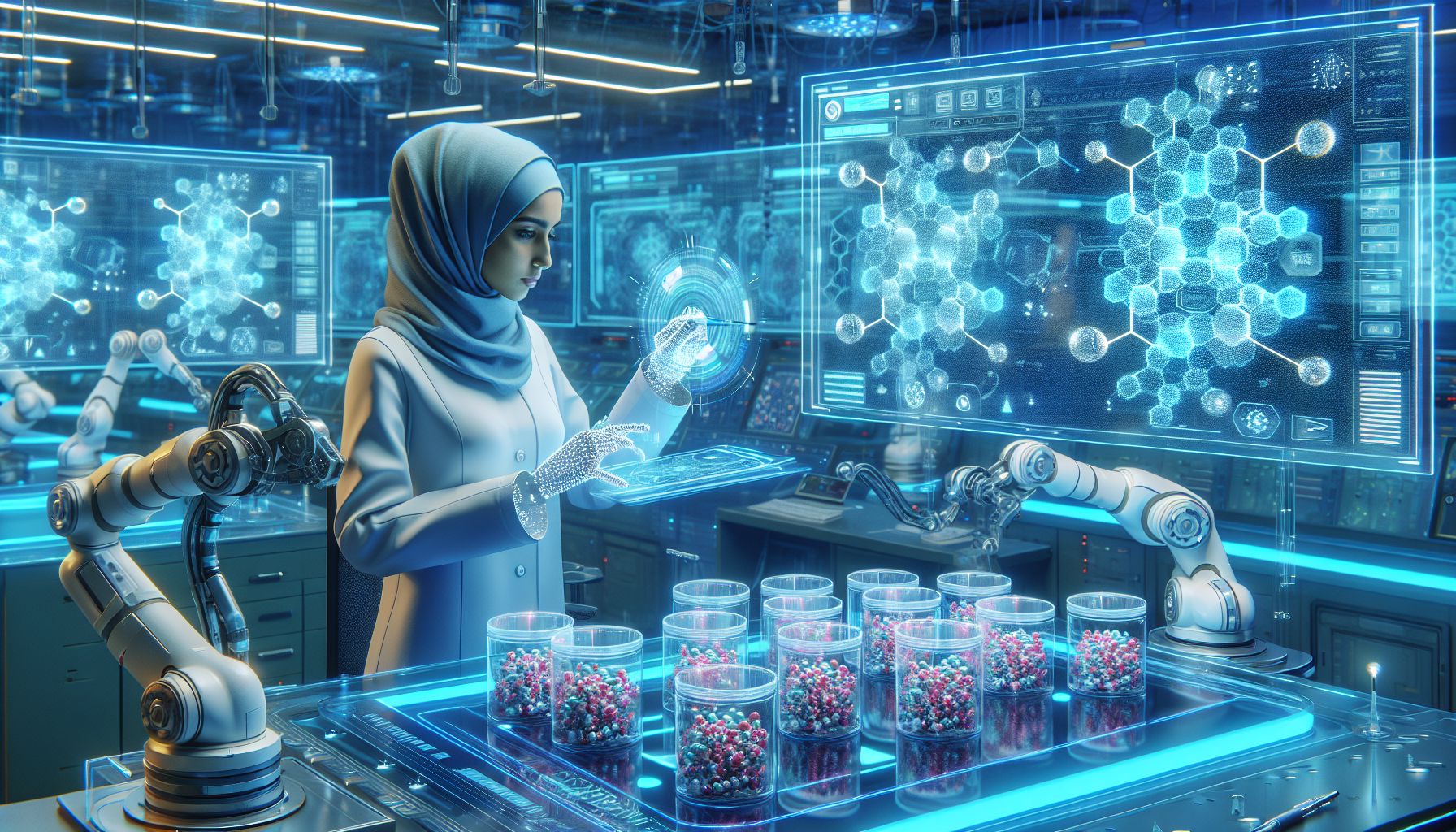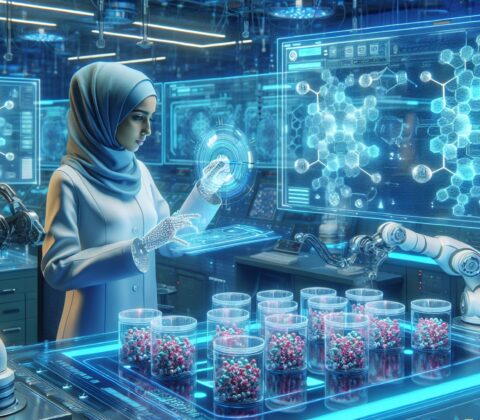

The Intersection of Technology and Pharmaceutical Products
Technology has revolutionized virtually every industry, and the pharmaceutical sector is no exception. From drug research and development to distribution and monitoring, technology plays a crucial role in improving the efficacy and accessibility of pharmaceutical products.
One way in which technology has transformed the pharmaceutical industry is in the area of drug discovery. Through the use of advanced computational algorithms and artificial intelligence, researchers are able to sift through vast amounts of data to identify potential drug candidates much more quickly than was possible in the past. This not only speeds up the drug development process, but also enables researchers to focus on more promising compounds, ultimately leading to the creation of more effective pharmaceutical products.
In addition to drug discovery, technology is also playing a significant role in drug manufacturing. Automation and robotics are increasingly being used in pharmaceutical production facilities, resulting in higher levels of efficiency and consistency. This not only translates to cost savings for pharmaceutical companies, but also ensures that patients receive high-quality, reliable medications.
Furthermore, technology has greatly improved the way in which pharmaceutical products are distributed and monitored. From advanced tracking systems that enable real-time monitoring of drug shipments to smart packaging that can remind patients when to take their medication, technology is helping to ensure that pharmaceutical products are delivered safely and used effectively.
One of the most exciting developments in the intersection of technology and pharmaceutical products is personalized medicine. By leveraging technologies such as genomics, researchers are able to tailor treatments to individual patients based on their genetic makeup. This not only improves the efficacy of pharmaceutical products, but also minimizes the chances of adverse reactions.
While the integration of technology into the pharmaceutical industry has brought about numerous benefits, it also presents its own set of challenges. One of the biggest hurdles is ensuring the security and privacy of patient data, particularly in light of the increasing use of digital health tools. Additionally, there is a need for regulations that keep pace with advancements in technology to ensure that pharmaceutical products remain safe and effective.
In conclusion, the marriage of technology and pharmaceutical products has opened up a world of possibilities for improving healthcare outcomes. From accelerating drug discovery to enabling personalized medicine, technology is reshaping the pharmaceutical industry in profound ways. As technology continues to advance, it will be fascinating to see how it further transforms the way in which pharmaceutical products are developed, distributed, and monitored.
Comments are Disabled